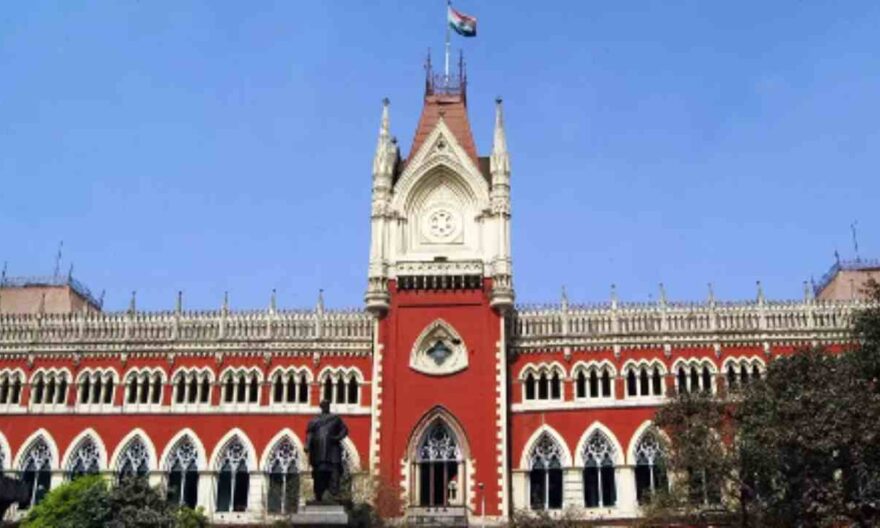
The Calcutta High Court has reiterated that parties seeking relief must approach the court with clean hands and provide full disclosure of all material facts relevant to the case’s adjudication.
A single bench of Justice Shekhar B. Saraf emphasized that justice would be denied to litigants who base their claims on falsehood, fraudulent concealment, or suppression of material facts.
The court recalled its previous order granting interim relief under Section 9 of the Arbitration and Conciliation Act, 1996, to a party that had concealed material facts during the application for such relief. Each petitioner was directed to pay a fine of Rs. 50,000.
In the case
Petitioner No. 1 is an LLP firm, while the respondents are individuals involved in the firm as purported partners. Due to the petitioner’s failure to arrange capital infusion and discharge existing debts, the supplementary agreements, intended to include the petitioners as partners and retire the respondents, were not executed. The respondents subsequently cancelled the agreements and offered their stakes to the applicants, resulting in the execution of new supplementary agreements. The petitioners allegedly obtained the original undated and non-executed supplementary agreements by force from the applicants’ father’s office and filed them with the Registrar of Companies (RoC). The court granted interim relief under Section 9, maintaining the firm’s assets’ status quo.
Applicants’ Contention:
The applicants argued that the petitioners obtained interim relief by concealing material facts. They claimed that the petitioners were not partners in the firm, as the agreements could not be executed due to the petitioners’ failure to fulfill their financial obligations. The applicants also alleged that the petitioners fraudulently executed the supplementary agreements after forcefully obtaining them. They contended that the respondents retired from the firm and that any subsequent agreement with the petitioners was invalid.
Court’s Analysis:
The court observed that the stamp papers used for the supplementary agreements were dated months before their execution, raising doubts about their authenticity. Additionally, the respondents issued a cancellation letter prior to the alleged execution of the agreements. The court noted that the applicants had fulfilled the necessary requirements to become partners, filing relevant forms with the RoC and providing evidence of their investments. The court concluded that the petitioners forged the agreements and suppressed material facts, thus abusing the court’s process.
The court held that parties seeking relief must approach the court with clean hands and disclose all material facts. It recalled its previous order and imposed a fine of Rs. 50,000 on each petitioner.




